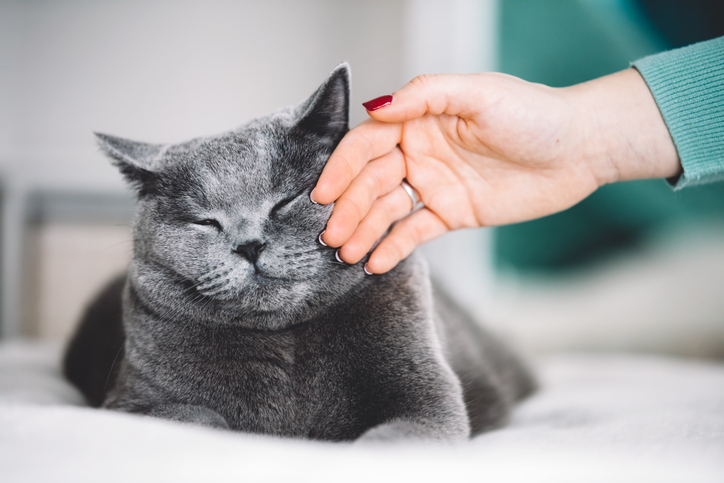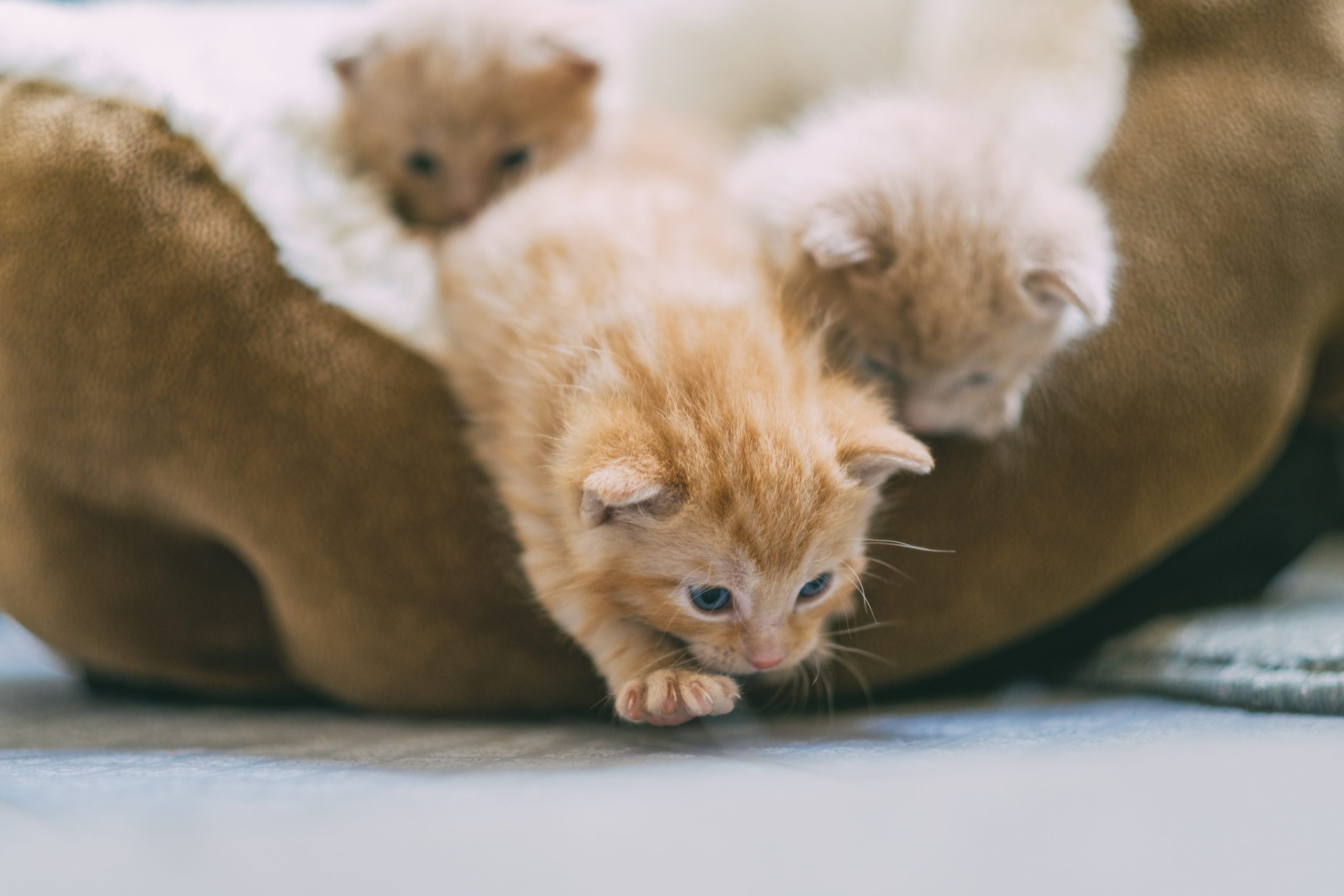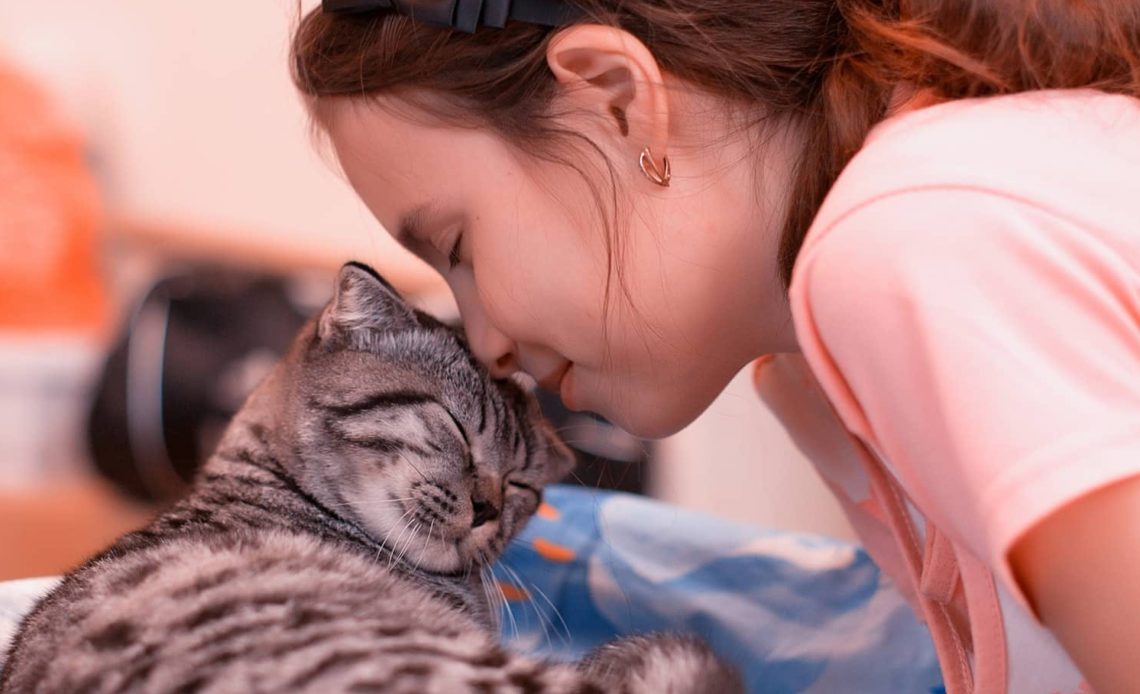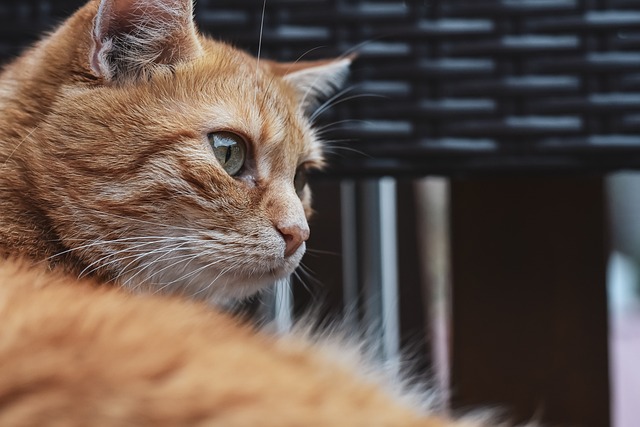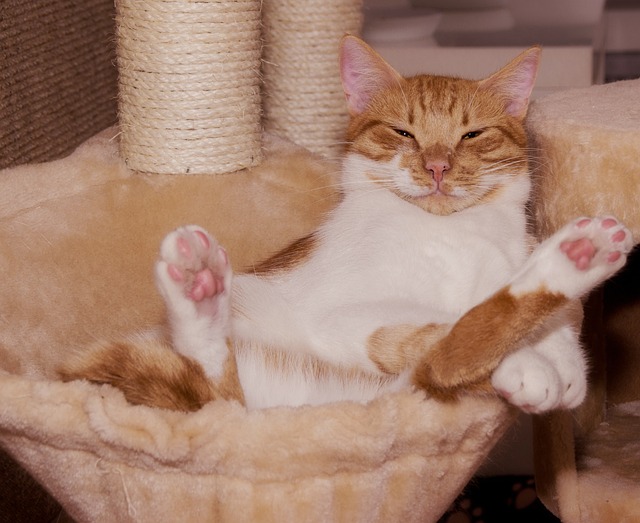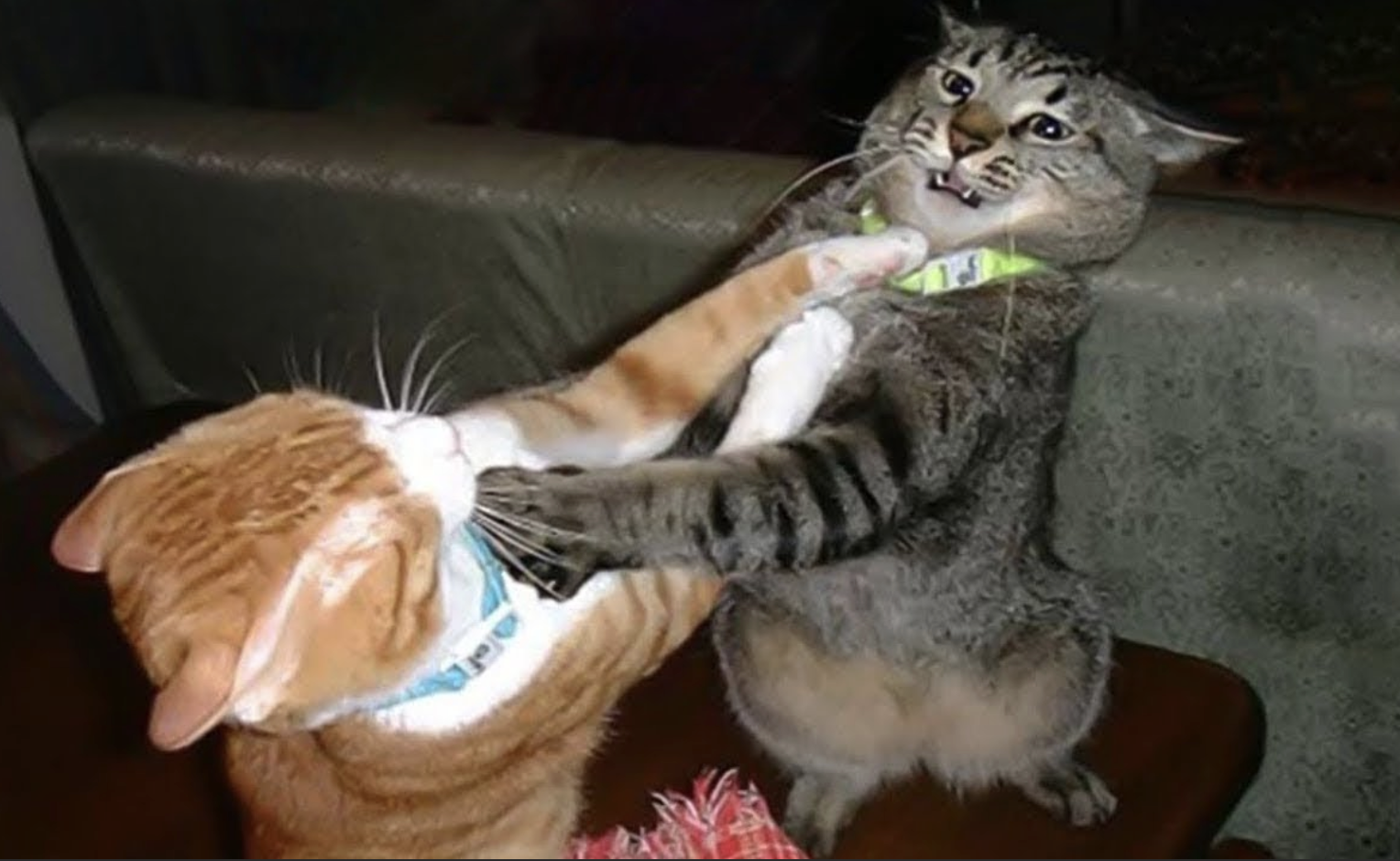ADVERTISEMENT
Looking for a good treat for your cat? Luckily, you can find cat-safe foods right in your own pantry. Once you know what human foods cats can eat, you can get creative and make tasty DIY cat treats.
Explore the expert-recommended feline-friendly human foods below and start treating your cat like a cherished family member.
| Salmon

Salmon is full of protein and omega-3 fatty acids, making it a tasty treat for cats. Dr. Tina Wismer, the medical director at the ASPCA Animal Poison Control Center, recommends cooked salmon for your cat, especially since it’s already in many commercial cat foods.
To make it even simpler, you can use PureBits salmon freeze-dried cat treats, providing all the benefits without the cleanup.
| Spinach

Spinach is a healthy treat for cats, packed with vitamins A, C, and K, as well as iron and calcium, says Dr. Wismer. But if your cat has a history of calcium oxalate bladder stones, it’s best to skip the spinach.
Many cat foods also contain spinach for its extensive health benefits. For example, Purina Beyond Grain-Free ocean whitefish and spinach canned cat food includes spinach among its top five ingredients, offering a natural, pate-style food for adult cats.
| Cantaloupe

Cantaloupe is a cat-friendly fruit rich in antioxidants and beta-carotene, supporting healthy skin and eye health, as noted by Dr. Wismer.
| Eggs

Eggs are a safe and nutritious option for your cat, providing protein and B vitamins, according to Dr. Wismer. To minimize the risk of foodborne diseases, it’s important to cook any eggs before feeding them to your cat.
| Fish Oils

Consider adding fish oil cat supplements to your pet care routine! Dr. Jeff Werber, an Emmy-award winning veterinarian, suggests that while dogs might enjoy people food more frequently, fish oil benefits both cats and dogs. Whether it’s salmon or cod liver oil, the omega-3s in fish oil can prevent dry skin in winter and maintain your cat’s coat health.
Look for supplements made from wild-caught fish, such as PetHonesty Omega-3 Fish Oil, to support your cat’s skin, joint, and coat health with natural fatty acids.
| Chicken

Cats are obligate carnivores, meaning their diet primarily consists of meat. Unlike dogs, who can eat a variety of foods, cats find it harder to digest fibrous foods. However, meat, like chicken, is ideal for them. It’s a fantastic source of lean protein and is commonly included in commercial cat foods.
Ensure the chicken is thoroughly cooked, and remove the fatty skin before offering it to your cat, as advised by Werber.
| Bananas

Bananas are a safe and healthy snack for your cat, containing potassium and soluble fiber, as Wismer suggests. However, it’s important to note that, like all items mentioned, bananas should constitute no more than 10 percent of your cat’s daily.
| Oatmeal

Oatmeal is a source of energy and B vitamins for your pet, and it’s included in some commercial cat foods like Natural Balance Fat Cats low-calorie diet. However, keep in mind that even though oatmeal is safe for cats, not every feline may enjoy it. It’s advisable to introduce these foods gradually and ensure your cat likes them before making them a regular part of their diet.
| Pumpkin

Can cats have pumpkin? Yes, and it’s not only low in calories but also high in fiber, making it an effective treatment for cats with abnormal stools. You can include pumpkin in cat treats as it is both safe and healthy.
There are commercially available supplements for cats that make it convenient to add pumpkin to your feline friend’s diet. For instance, Weruva Pumpkin Patch Up! dog and cat food supplement is a puree that supports stool quality and healthy gut mobility, conveniently packaged in single-serve pouches.
| Cheese

Wondering if cats can eat cheese? The answer is yes, but with some considerations. Are cats lactose intolerant?
While some can handle it, others may not. If your cat is interested in cheese, Dr. Wismer suggests feeding hard cheeses like cheddar, Swiss, or Gouda. These cheeses are rich in calcium and protein, and you can either bake them into treats or feed them to your cat raw in small amounts.
| Bread

Bread can be a tasty snack for some cats, and it’s a feline-friendly human food, according to Dr. Werber. It provides a good source of both protein and fiber for your furry friend.
| Apples

Apples are a cat-safe treat, according to Dr. Werber. They are high in fiber and vitamin C. When offering apples to your cat, make sure to remove the skin, seeds, and stems.
| Blueberries
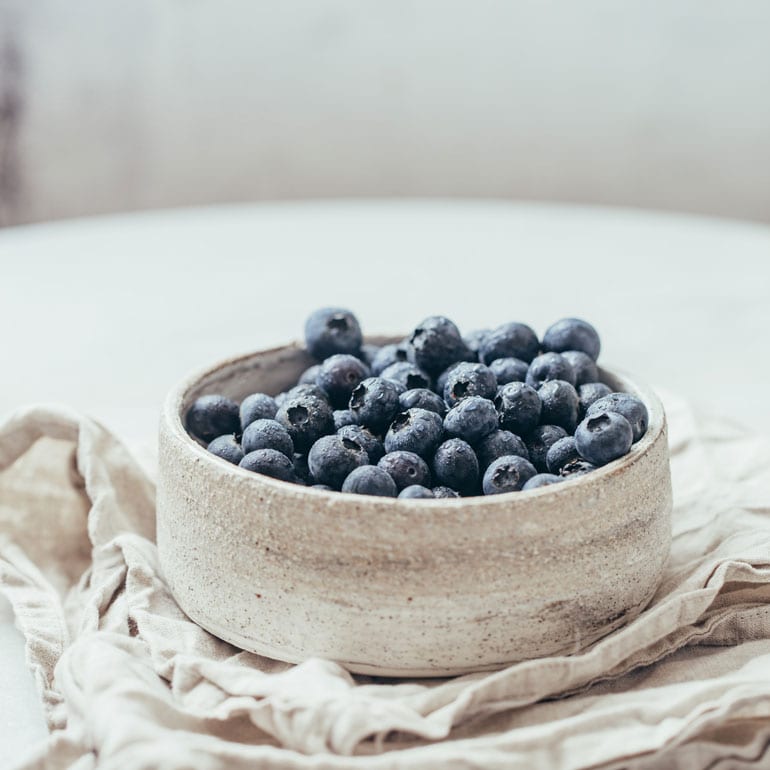
Blueberries are a cat-friendly treat, as they are a good source of vitamins A and C. Some cat foods, such as American Journey salmon grain-free dry cat food, include blueberries. Your cat might even enjoy snacking on frozen blueberries. Learn more about blueberries for cats.
| Turkey
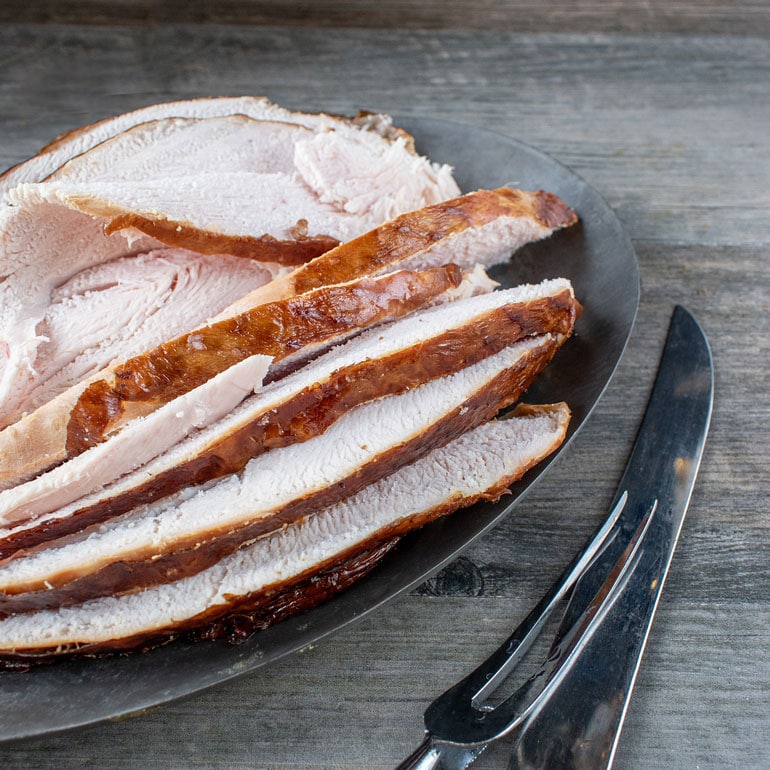
Turkey is a cat-friendly snack that provides lean protein. You can offer your cat cooked turkey breast or sliced deli meat as a safe and tasty treat.
| Peas
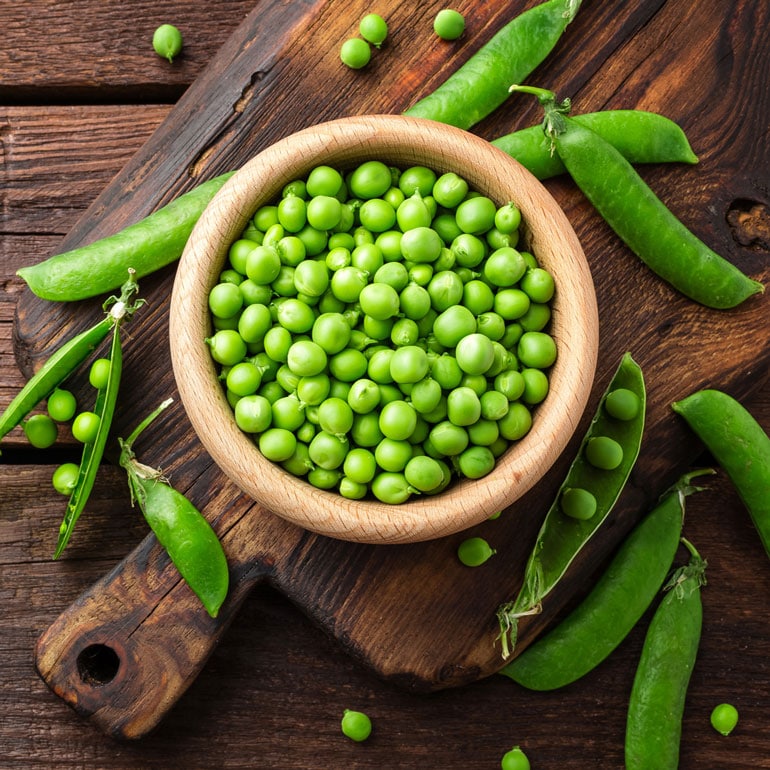
Peas are a cat-friendly human food rich in fiber, vitamin C, and vitamin A. These nutritional goodies are commonly found in commercial cat foods, but you can also offer them to your cat either frozen or raw.
| Watermelon

Watermelon is a cat-safe treat that’s rich in vitamins and minerals, such as vitamins A, B1, B5, and C, along with potassium and magnesium. It’s a safe and healthy option for cats, but be sure to offer it in moderation. Learn more about watermelon for cats.
| Strawberries

Strawberries can be a “fun, perfectly acceptable treat” for cats in moderation, according to Dr. Sarah Wooten, a small animal vet based in Silverthorne, Colorado. These juicy fruits are a good source of fiber, vitamins, minerals, and antioxidants. Discover more about strawberries for cats.
ADVERTISEMENT

